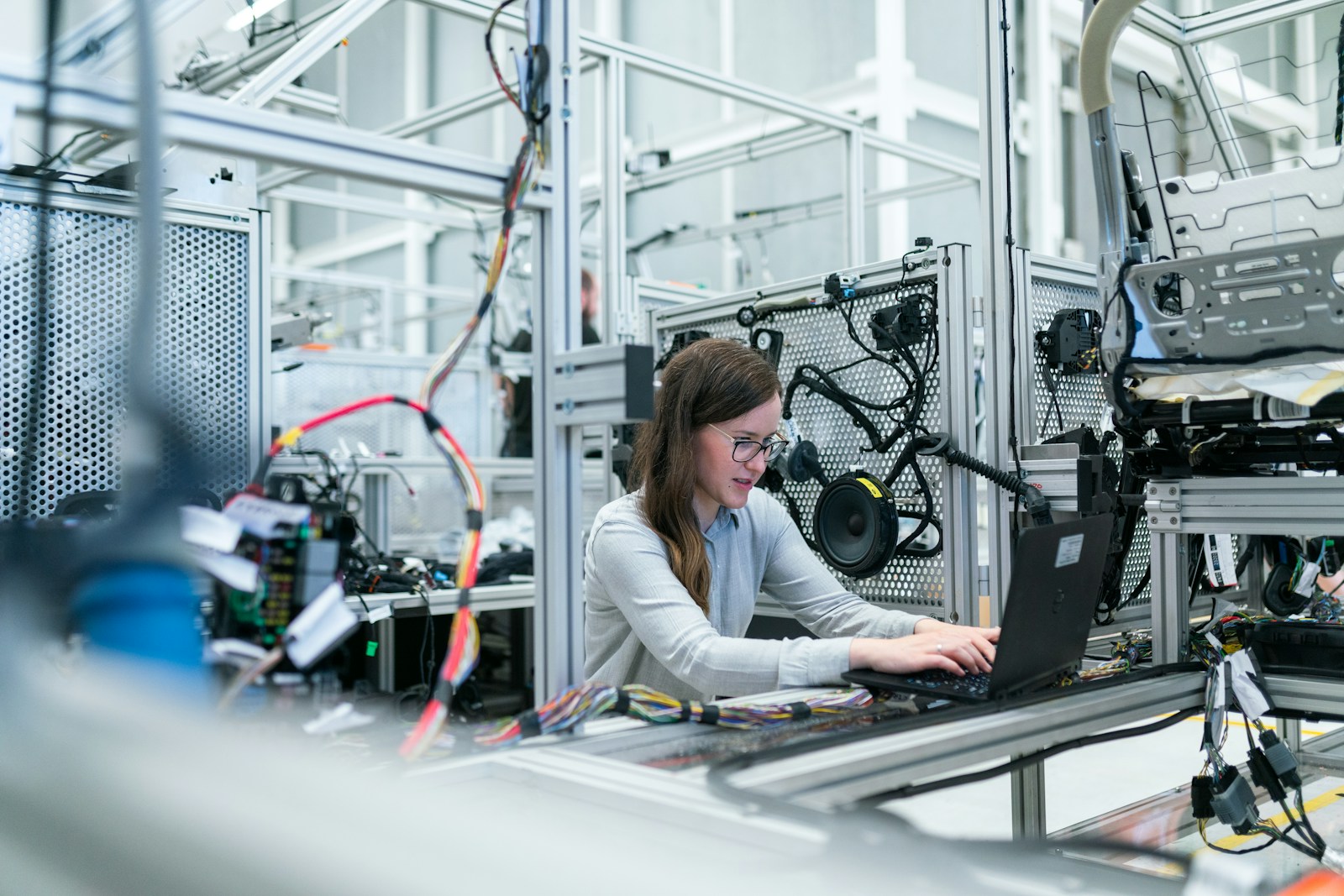Manufacturing Industry Outlook 2024
What are the key trends, insights, and their impact on recruitment?
As we hit the half way point of 2024, the manufacturing industry is poised to navigate a complex landscape shaped by technological advancements, evolving consumer demands, and significant geopolitical shifts. Deloitte’s comprehensive outlook highlights several critical areas that will define the industry’s trajectory over the next year. Here’s a summary of the key trends and insights that industrial automation professionals and recruiters should know, along with their impact on recruitment and talent retention.
Digital Transformation and Industry 4.0
Digital transformation remains at the forefront of the manufacturing sector’s evolution. The adoption of Industry 4.0 technologies—such as the Internet of Things (IoT), artificial intelligence (AI), and machine learning (ML)—continues to accelerate. These technologies enhance operational efficiency, enable predictive maintenance, and improve supply chain management. Companies investing in digital transformation will likely see improved productivity and reduced operational costs.
Sustainability and Circular Economy
Sustainability is no longer a peripheral concern but a central strategic priority for manufacturers. The push towards a circular economy—where products are designed for reuse, remanufacturing, and recycling—is gaining momentum. Regulatory pressures, consumer demand for sustainable products, and the economic benefits of resource efficiency drive this shift.
Supply Chain Resilience
The disruptions caused by the COVID-19 pandemic have underscored the importance of robust, resilient supply chains. Manufacturers are re-evaluating their supply chain strategies to enhance flexibility and reduce vulnerabilities. This includes diversifying supplier bases, increasing on-shore or near-shore production, and leveraging digital tools for better supply chain visibility and management.
Cybersecurity Concerns
With increased digitalization comes heightened cybersecurity risks. Now more interconnected than ever, the manufacturing sector is a prime target for cyberattacks. Ensuring the security of operational technology (OT) and information technology (IT) systems is paramount. Manufacturers are investing heavily in cybersecurity measures to protect their assets and maintain operational integrity.
Workforce Transformation
The manufacturing workforce is undergoing significant transformation. There is a growing need for workers who possess a blend of traditional manufacturing skills and advanced technological competencies. As automation and AI take on more routine tasks, the demand for highly skilled workers who can manage and maintain advanced systems is increasing.
Economic and Geopolitical Factors
The global economic landscape and geopolitical developments continue to impact the manufacturing sector. Trade policies, economic sanctions, and geopolitical tensions can disrupt supply chains and affect market dynamics. Manufacturers must remain agile and responsive to these external factors.
Impact on recruitment and talent acquisition
Recruiters play a pivotal role in this landscape by sourcing talent that can drive innovation and growth. The increasing integration of AI, ML, and other Industry 4.0 technologies necessitates finding candidates with digital and data analytics skills. As sustainability becomes a strategic priority, professionals with experience in sustainable practices and circular economy principles will be highly sought after. Supply chain resilience efforts highlight the need for logistics and risk management experts, while cybersecurity concerns make professionals with cybersecurity expertise essential. Workforce transformation demands adaptable and technologically savvy candidates while navigating economic and geopolitical factors, which requires strategic and analytical skills. Offering competitive compensation, continuous learning opportunities, and fostering a supportive work environment will be essential strategies for attracting and retaining top talent in this evolving landscape. Finally, employers need to increase openness to hiring candidates from other industries with adaptable skills who can fill the gaps in those above.
Conclusion
As the manufacturing industry evolves, staying ahead of these trends is crucial for success. Understanding these dynamics and positioning yourselves accordingly will be essential for professionals in the industrial automation market. By focusing on digital transformation, sustainability, supply chain resilience, cybersecurity, workforce transformation, and geopolitical awareness, the manufacturing sector can navigate the challenges and opportunities of 2024 effectively.
Links:
1) www2.deloitte.com/us/en/insights/industry/manufacturing/manufacturing-industry-outlook.html


